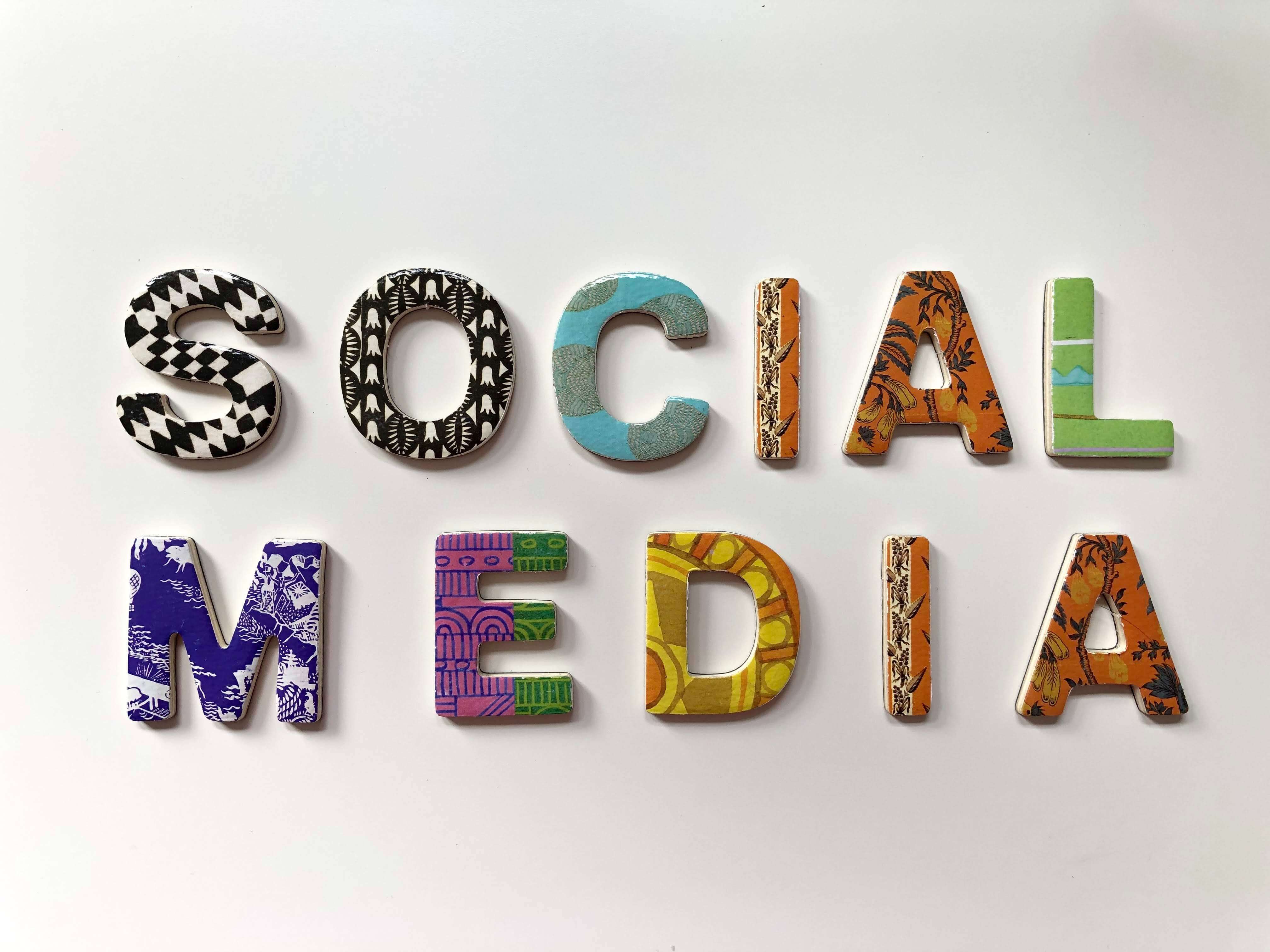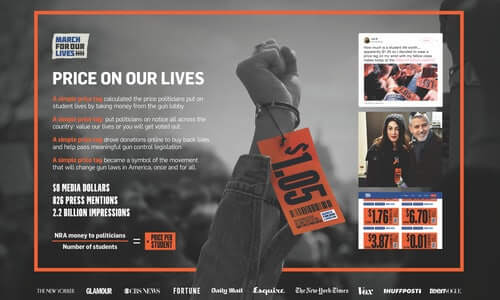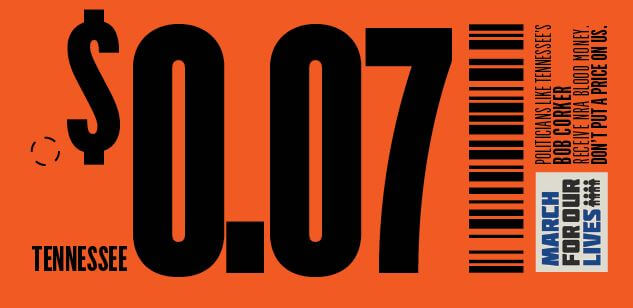- The Meaning of Critical Thinking: A Key Skill for Navigating Today’s Information Landscape - November 3, 2025
- Grandparents Can Develop Activist Grandchildren - September 29, 2025
- Top Six Reasons Credit Union Benefits Are a Smart Choice Over Banks - August 18, 2025
Last Updated on October 2, 2025
Slacktivism? How to be a Productive Slacktivist
Perhaps you want to make social change, but you also have many other obligations, such as a job and family. Does this mean you can’t make a difference for your cause? Not if you become a productive slacktivist.
A new term has arisen from the marriage of social media and activism—slacktivism. Slacktivism, a combination of slacker and activism, is a term for low-effort, low-risk activism opportunities. For example, signing an online petition, liking a Facebook page, and sharing activism posts.
Slacktivism
 The Internet has changed activism. Whether the change is directly related to making a difference in a cause varies. But there is no denying the power of social media to make connections with like-minded others and to implement social change activities.
The Internet has changed activism. Whether the change is directly related to making a difference in a cause varies. But there is no denying the power of social media to make connections with like-minded others and to implement social change activities.
Some criticize slacktivism as lacking results or even harming causes.
“Slacktivism (slactivism or slackervism, a portmanteau of slacker and activism) is a pejorative term for “feel-good” measures in support of an issue or social cause. Slacktivism is showing support for a cause with the main purpose of boosting the egos of participants in the movement. The action may have little effect other than to make the person doing it feel satisfied that they have contributed. Slactivism is often a form of virtue signalling.” – Wikipedia
But Wait—Slacktivism Works!
I can’t deny that there are slacktivists who, as suggested by the wiki article, want to satisfy their ego. But research supports the impact of social media slacktivism.
For example, here are some research findings:
- People who signed an online petition were more likely to donate money to a charity.
- Digital activism can draw people to public protests against the government.
- Social messaging results in an increase in voting.
However, we need to understand how best to use this tool for activism.
Social Media Activism Example

A recent addition to his website is Animal Rights Activism Guide: How to Be Effective. In this thoughtful article, he describes best practices and highlights people who are doing animal rights activism. I was particularly interested in the section on social media activism.
Marcus believes social media activism can make significant changes for a cause. Why? Because of the social connections and trust you have developed with friends or followers. You can use that connection, which he calls social capital, to ask for an action or behavior change.
For example, rather than asking your friends to go vegan, request that they try Meatless Mondays. This first step can help a person get started on the path toward lessening animal cruelty.
But he has a caution about using your social capital:
“I’ve seen many people on social media squander their precious social capital, despite having the animals’ best interests at heart. Whatever you do, avoid becoming “that vegan” who posts eight different graphic photos of animal cruelty every single day to Facebook. Nobody wants to see horrific photos in their news feed, and it’s a sure way to have most of your friends block you. Instead, use social media platforms the way they’re intended: give people inspiring glimpses into your life and the things you care about, and then on rare occasions drop in a carefully-chosen vegan item with a well thought-out and tangible request.” – Erik Marcus
I recommend Marcus’ website to people who ask me about being vegan. Have a question about helping animals? Vegan.com probably has the answer.
Another Social Media Activism Example

March for Our Lives created the campaign. Survivors of the massacre at Marjorie Stoneman Douglas High School stepped up in a huge way to fight for gun control. You can read more about that in my post At the Intersection of Teens and Gun Control.
The Price for Our Lives social media campaign highlights the money the National Rifle Association (NRA) provides to elected officials. By dividing the total NRA contributions by the number of students you get the ‘price’ of one student’s life.
In my state of Tennessee, that price is $1.07.
“Since the march in Washington and around the United States in response to the shooting in Parkland, Florida, the message of the price tags has helped pass stricter gun control legislation—including background checks, minimum age of purchases, and the ban of high-capacity guns—in 26 states and counting.” – Shorty Awards
The Price for our Lives social media campaign was part of a movement. Perhaps that is why it worked. It shows social media activism’s potential power.
Productive Slacktivism
There is a place for slacktivism in social change, as long as you make it effective. Go for it if you feel engaged, educated, and inspired.
READ NEXT
I’m Swamped! How Can a Slacktivist Make A Difference In The World?
Browse the March for Our Lives Website, where you can print your state price tag.
I Don’t Have Time: How Busy People Can Change the World
Making a Difference with Random Acts of Kindness
At the Intersection of Puzzles and Activism
Learn more about Getting Started in Activism:
- Focus your passion and find the cause closest to your heart among the myriad of causes.
- Match your skills with the type of activism work that best suits you.
- Find an activism opportunity that works for your life.
- Determine if your social justice work truly makes an impact.
- Stay motivated in your activism for the long-term.




An interesting new word, which I hadn’t come across before. I often sign online petitions, and this post has made me think about why I do that. I guess it’s a more passive way of being a keyboard warrior, without offending anyone!
Thanks for stopping by, Clive. I like the term ‘keyboard warrior’ too!
I like the new word: Slacktivist. Haven’t heard that before! It’s amazing what social media is able to achieve these days that other methods can’t. Thanks for sharing.
Hi, Paige. Thanks for stopping by! Yes, social media activism can be effective. I like that it is something people who might not be able to other forms of activism can participate in.